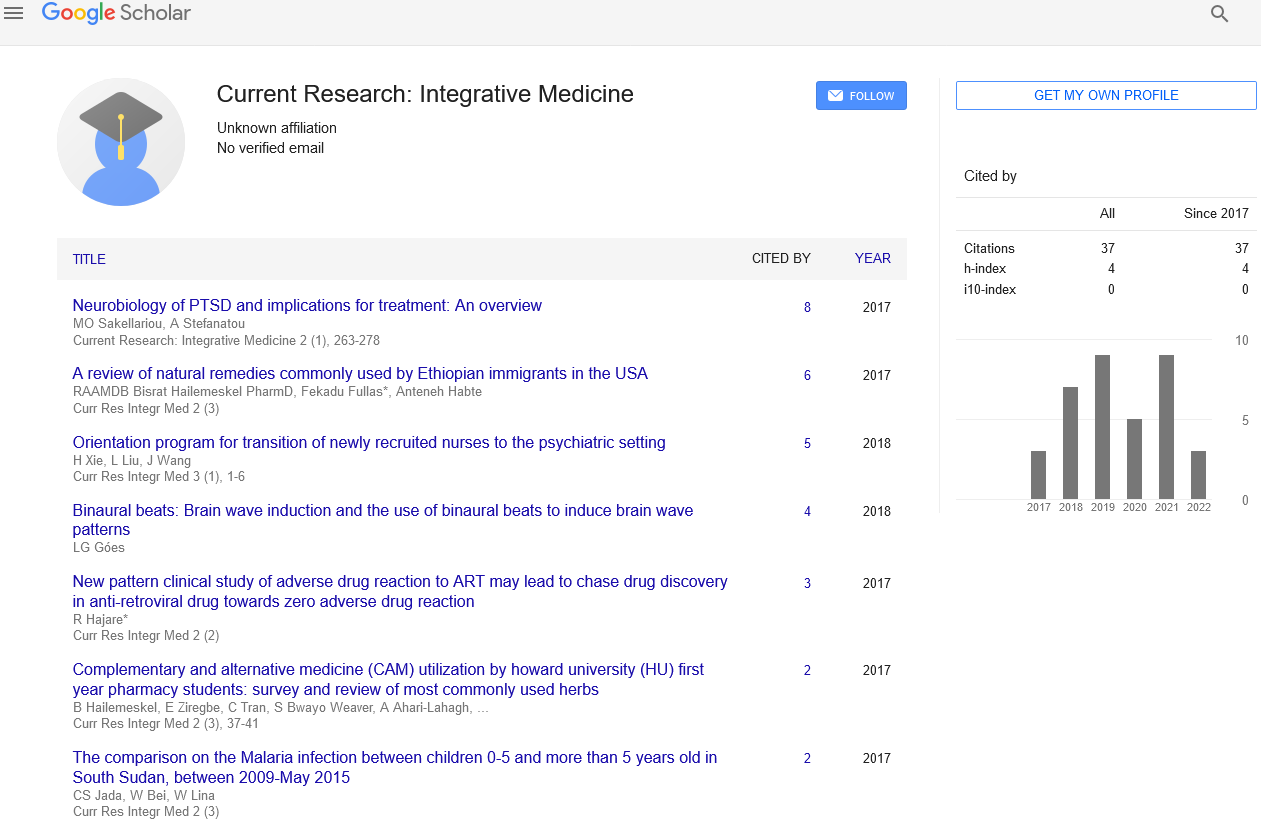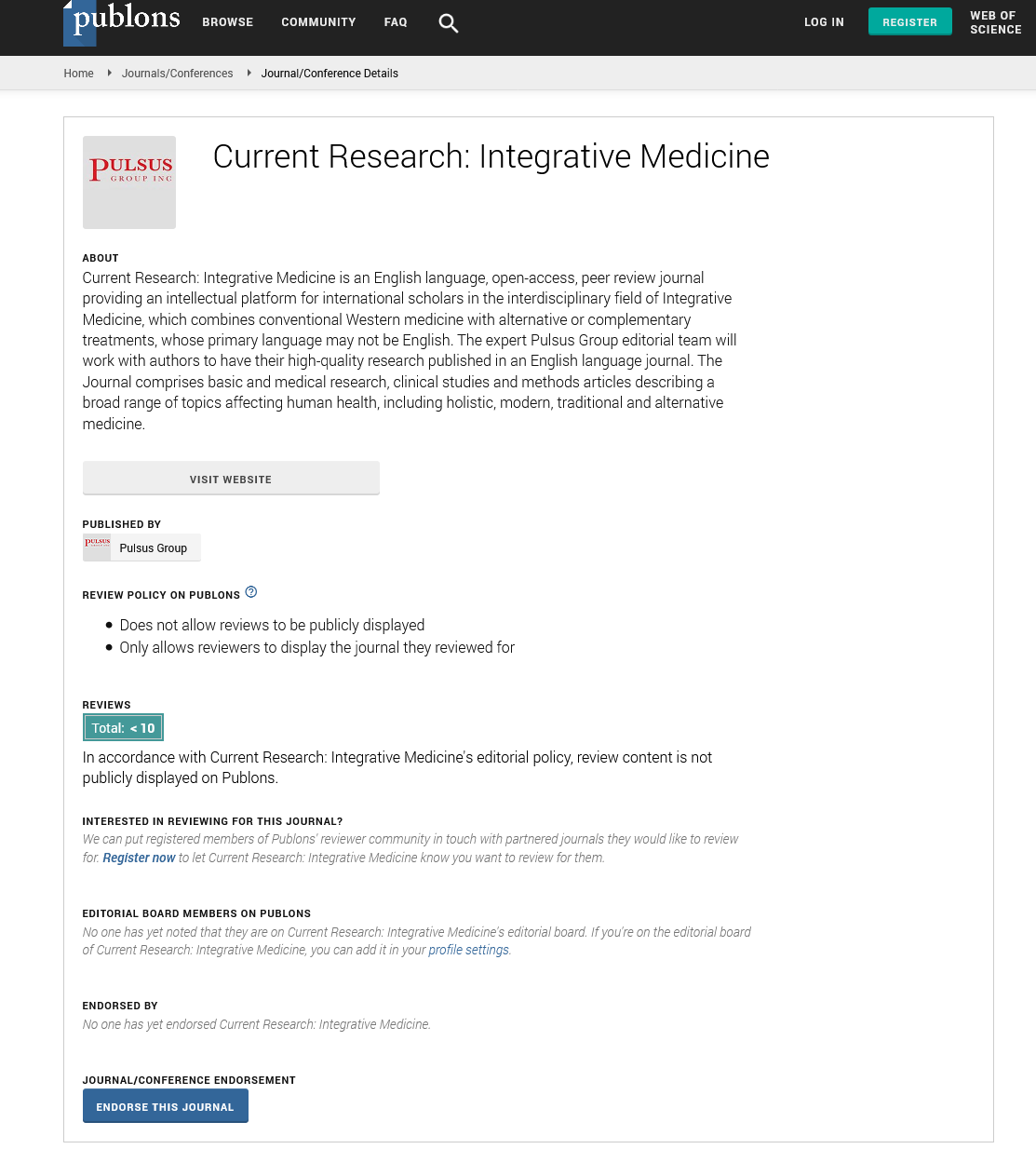
Sign up for email alert when new content gets added: Sign up
Role of innate immunity in glioma growth and progression
46th World Congress on Nursing Care, Neurology and Neuromuscular Diseases
October 22-23, 2018 Madrid, Spain
Giuseppe Donato
Magna Gr√?¬¶cia University, Italy
ScientificTracks Abstracts: J Current Res: Int Medicine
Abstract :
Although the last WHO classification of brain tumors (2016) has given greater importance to genetic alterations of gliomas, there is an increasing amount of data about the immunological aspects related to this type of neoplasms that solicit us to focus our attention on the interactions between the immune system and glial tumors. All types of cells of innate immunity may affect the gliomas biology. Macrophage polarization plays a pivotal role in the growth and progression of glial neoplasms where number and type of macrophages varies with the histopathological grade. Moreover, the state of macrophages polarization can be seen as a continuum and possibly reversible through pharmacological interventions. Mast cells are active in various malignant tumors, but their role is not always clear. They may infiltrate mouse and human gliomas in such an extent that depends on glioma grade. Tumor educated, mast cells decrease glioma cell proliferation and migration but promote glioma cell differentiation. Natural Killer cells (NK) can induce the cytolysis of tumor cells and can secrete cytokines. In gliomas, generally, the presence of infiltrating immune cells with immunosuppressive roles such as macrophages and NK correlates with poorer patient prognosis even if exosomes derived from NK have antitumor effects on glioblastoma cells both in vitro and in vivo. As frequently happens in other cancer patients, glioma patients usually have a strong neutrophilia, the Neutrophils-to-Lymphocytes Ratio (NLR) higher than 4 has been associated with poor prognosis when measured before treatments. Moreover, there is a correlation between NLR value, the extent of neutrophil infiltration, the glioma grade and the acquired resistance to anti-VEGF therapy. In conclusion, data arising from innate immunity interactions have practical implications and require an urgent inclusion in WHO classification and in histopathological reporting.
Biography :
Giuseppe Donato is an Associate Professor of Pathological Anatomy at the Magna Græcia University of Catanzaro, Italy. He has developed skills in all areas of human pathology and especially neuropathology, working in Italy and other European countries. His research focuses on the aspects of immune response associated to neoplasia, especially concerning the role of mast cells and macrophage polarization.
E-mail: gdonato@unicz.it





